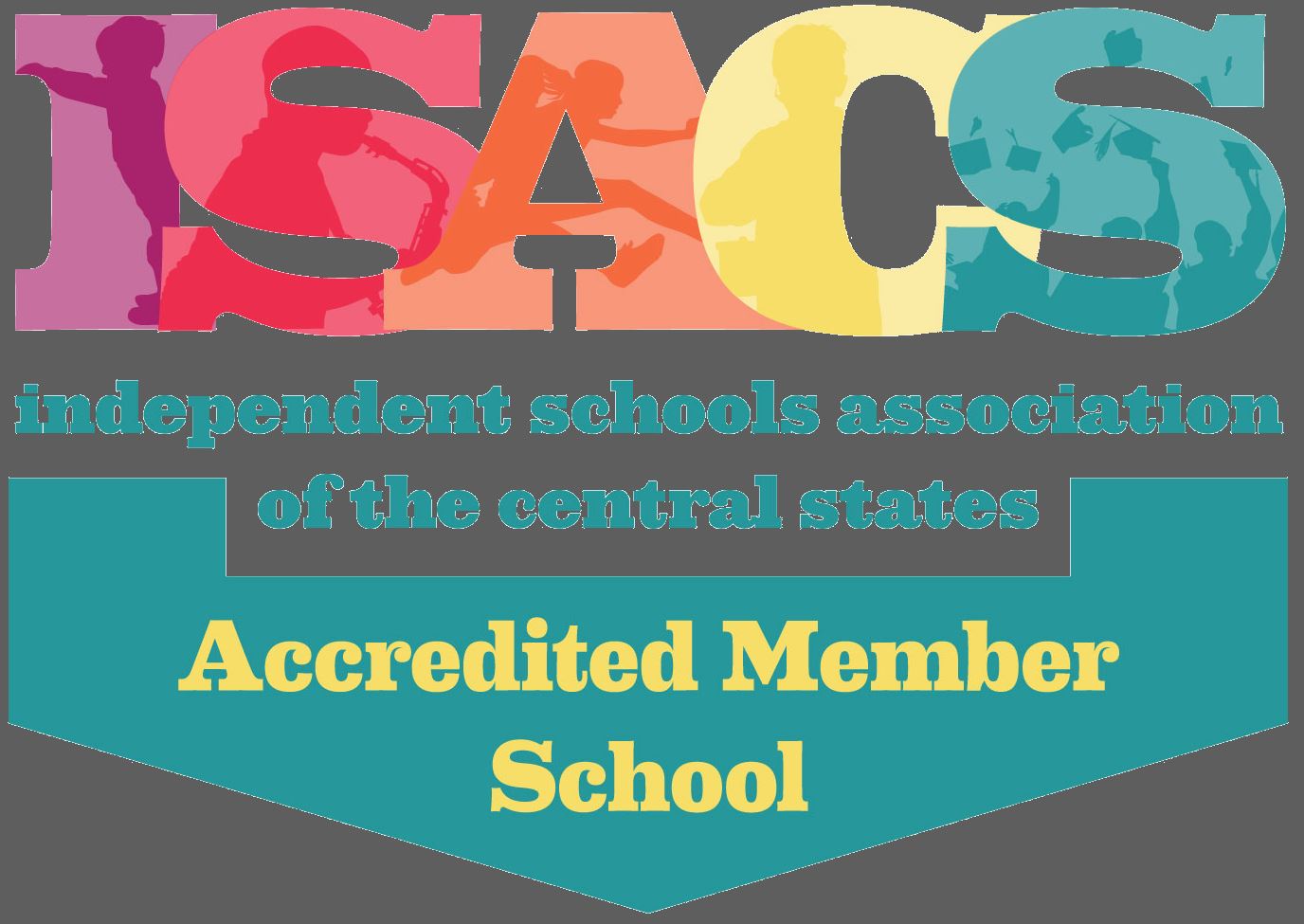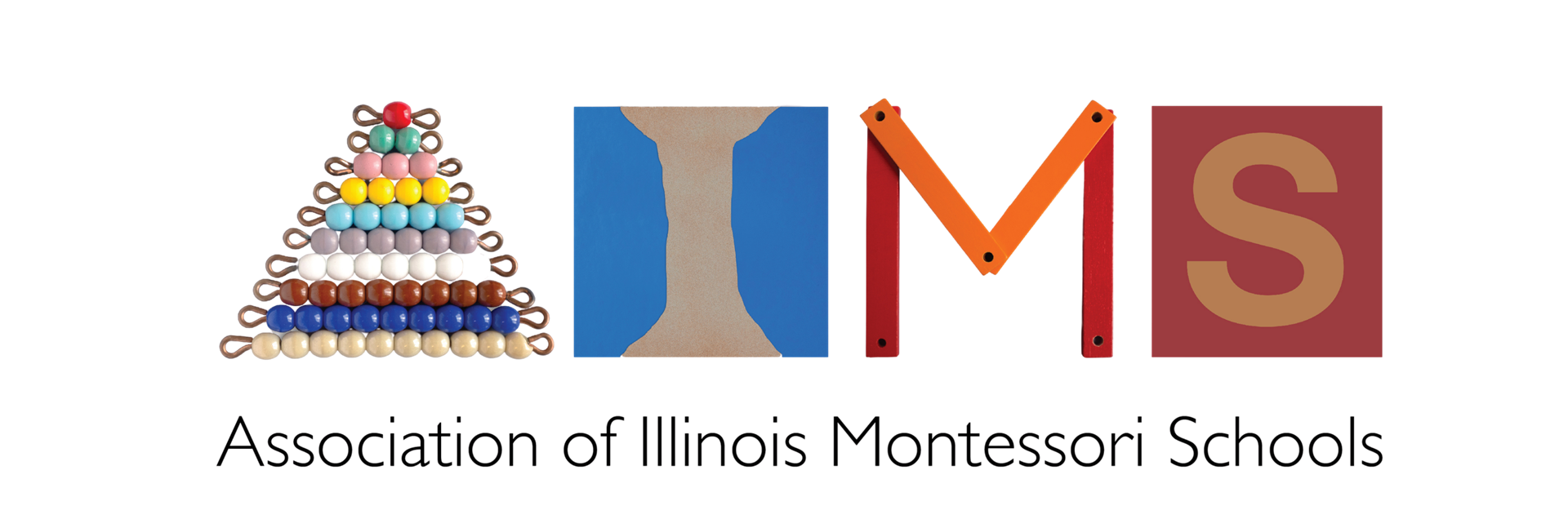< Watch more Montessori Defined
Montessori Defined: Empowering Kids
"Never help a child with a task at which he feels he can succeed."
Dr. Maria Montessori
One of the most delightful phrases to hear from a child in the Montessori classroom is "Help me do it myself" or “Help me help myself”.
This assertion by the child embraces one of Maria Montessori’s foundational beliefs in just a few potent words.
“Maria Montessori believed so strongly, so beautifully, that we must have deep faith and trust in the child,” explains Kristen Mark, Rogers Park Montessori School Children’s House Program Director. “Our goal is to help each child find their inner guide. Montessori taught us to never do for a child what they can do for themselves. This isn’t always easy to do! For a variety of reasons, it can be easier to do things for the child. But what I know and what I’ve seen in our classrooms is that competency leads to self-confidence. The child who feels autonomous, capable and empowered is a happier, more grounded child.”
The Montessori teacher is the guide alongside the student, setting the limits, preparing the environment, and linking the child to the materials with individualized lessons. The Montessori classrooms have the tools of the Prepared Environment, with child-sized Montessori materials, to encourage independence in the room. The adult must protect the essential freedoms of the class and respect the child in all ways, for the most powerful element of the learning process in the room is the child. Every decision made by the adult, from the placement of an activity on the shelf to the timing of a lesson, is intentional.
The child is allowed to choose and explore works in a Montessori classroom, allowed to stay with that activity as long as desired to master it, and decide who, if anyone, to work with. As their success builds, over and over, they learn that they are able to do things for themselves, to make appropriate choices and to internalize the feeling of mastery and accomplishment. This feeling comes not from an external source, but rather from direct experience with the materials. With every success, momentum builds as does the child’s self-esteem. Persevering with a ‘tricky’ lock and key gives the young child a message that effort and perseverance lead to success. Later, when the child attempts a difficult task or learns a new concept, they have this foundation of competency that allows them to take risks and try difficult things.
Teachers are mindful about the potentially undermining effects of praise. The child ought to experience success on their own terms. Their work is not interrupted with “good job,” as we do not want them to depend on us for their self-esteem.
“Unfortunately,” Kristen says, “Research shows that the increase in depression and anxiety in young children and teens is strongly correlated with a conflict between that external locus of control, rather than an internal locus of control. If even the very young children have no power or choice, if they are constantly told what to do, they have no ownership over their choices.”
As parents, we and others proclaim ‘I just want my child to have self-confidence, self-esteem, to make wise choices independent of peer pressure, to develop the ability to handle roadblocks, whether with a high school teacher or an employer as adults.’ We want our children to know how to make an inquiry. How to fill out forms, how to have a conversation with an adult and ask for help, and how to take that help or advice and fold it into the experience and knowledge they bring.
It is not easy to remove ourselves from the choices and tasks of our child. We don’t want to see them struggle and fail. However, if we want them to be responsible for their choices as adults, for their choices, and their lives, we can’t expect to them to develop those inner qualities if we’ve told them what to do at 2, 5, and 14. We continually must remind ourselves that children do have an inner guide. Their choices at 2 or 4 may seem banal, may require us as adults to slow down, and the child’s work may not be done right or well, but it is important.
“In her book How to Raise An Adult, author Julie Lythcott-Haims offers practical advice for educators and parents of children at all ages, which underlines the importance of allowing children to make their own mistakes, and to develop the resilience, resourcefulness, and inner determination necessary for success,” reports Kristen. “This aligns so well with the Montessori philosophy. Every day at RPMS we as educators cash in on the children’s enthusiasm by having them participate and contribute in their learning. They come to school hungry for new experiences, which we see in the halls each morning as toddlers rush down the hall, and students nearly run over each other to head up to the elementary classrooms.”
“We can’t allow childhood to be further reduced to a checklist of accomplishments, but as a beautiful unfolding,” Kristen concludes. “The more we as adults can empower them as young children, by giving them choices, and truly honoring those choices, the more I’ve seen that they feel ownership over their lives and the process of learning.“





